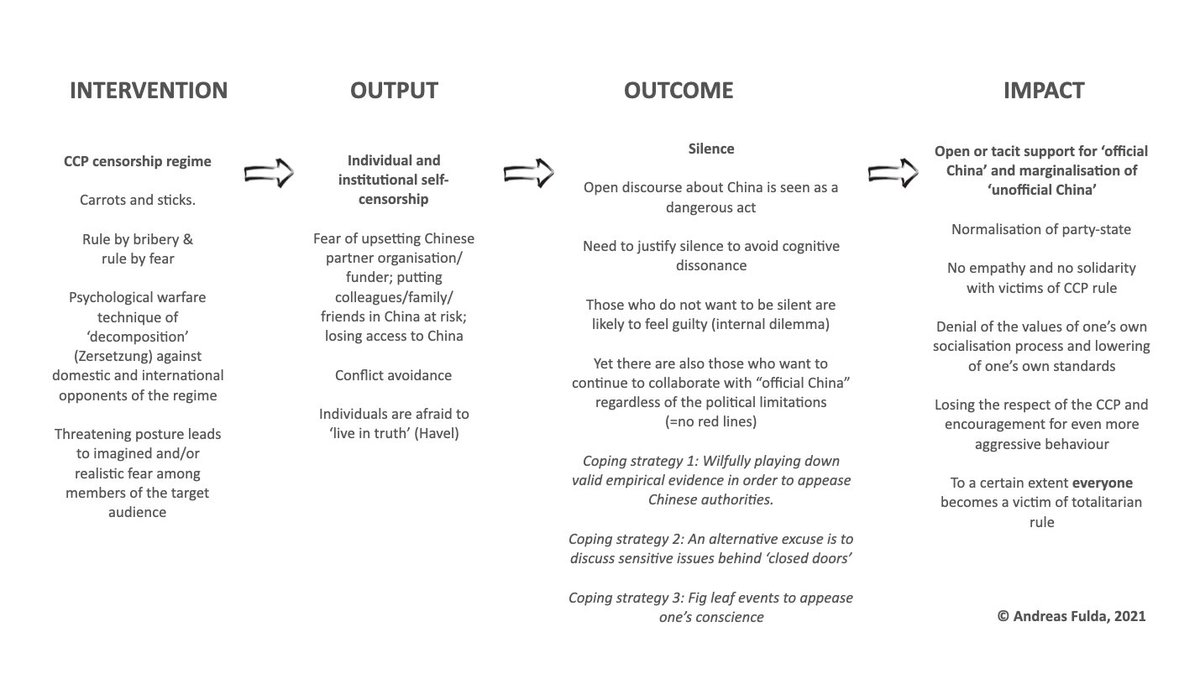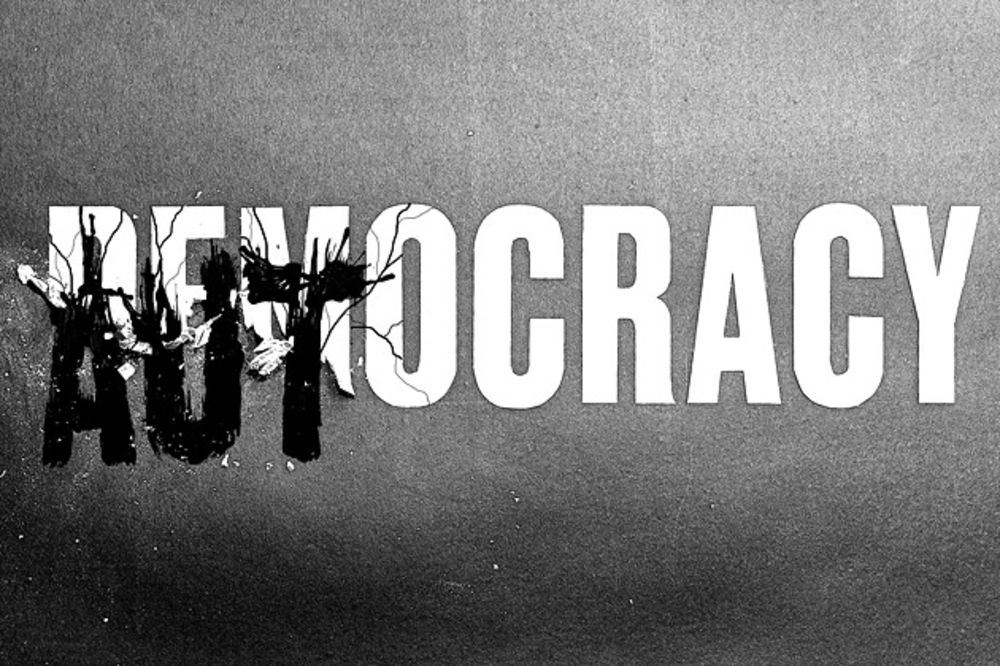
Lately I have been thinking a lot about the need to engage in Machtkritik. This German term can be translated as ‘critique of power’. The latter requires us to address the issue of democratic political legitimacy (or lack thereof), eg of the Chinese party-state /1
I have noticed that when we talk about the CCP’s lack of democratic political legitimacy there is a tendency among many European elites to shy away from conflict & to praise the virtues of tolerance and to highlight the merits of suspending judgment in intercultural encounters /2
From such a vantage point any public critique of power is seen as contributing to polarisation. But who is polarising in the historical reality? The hard authoritarian turn of the Xi regime is real and affecting Chinese citizens as well as non-Chinese citizens around the world /3
And if the tension resulting from critique of power was resolved in favour of withholding judgment in intercultural encounters this would lead to an uncritical approach to power. That clearly cannot be a solution when dealing with the challenge of hard authoritarianism /4
Similarly, invoking the neutrality principle in academia is also problematic when we deal with systemic rivalry between democracies and autocracies. Having a position on this issue doesn’t mean being politically partisan /5
And how would a neutral position on the systemic rivalry look anyway? Not defending the principles and practices of liberal democracy? Or to pretend that there is no difference between democratic and autocratic political systems? /6
And more specifically, what would a neutral position on the CCP’s recent sanctions against European China scholars and the German think tank Merics look like? Not signing open letters and refraining to publicly condemn the CCP sanctions? /7
Such a position would be hardly neutral but a tacit acceptance of political censorship and self-censorship. This is why I would argue that without a critique of power (Machtkritik) scholars run the danger of cooptation /End
• • •
Missing some Tweet in this thread? You can try to
force a refresh













